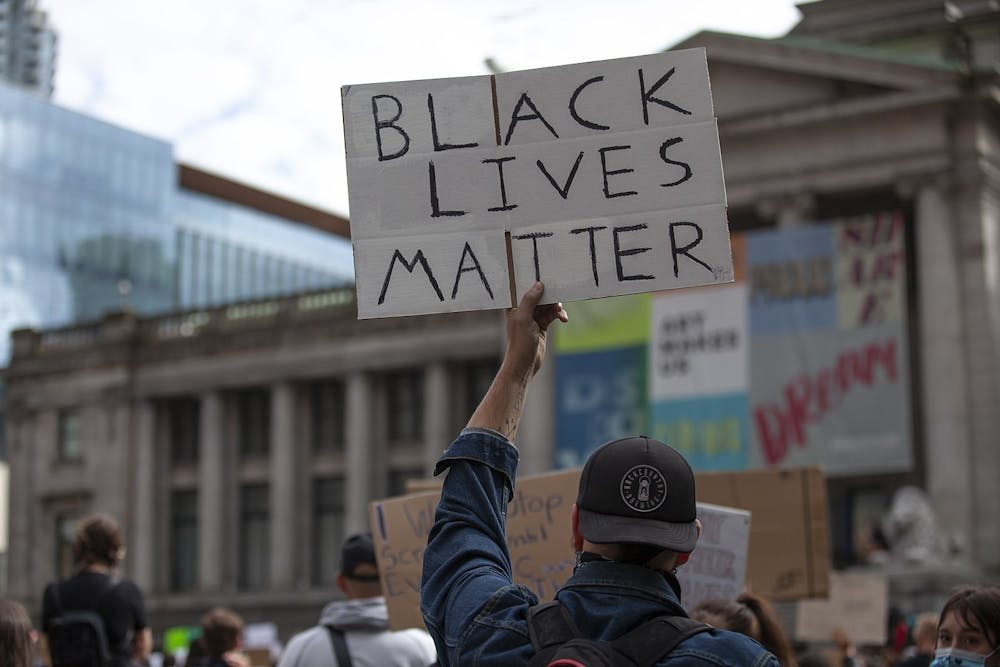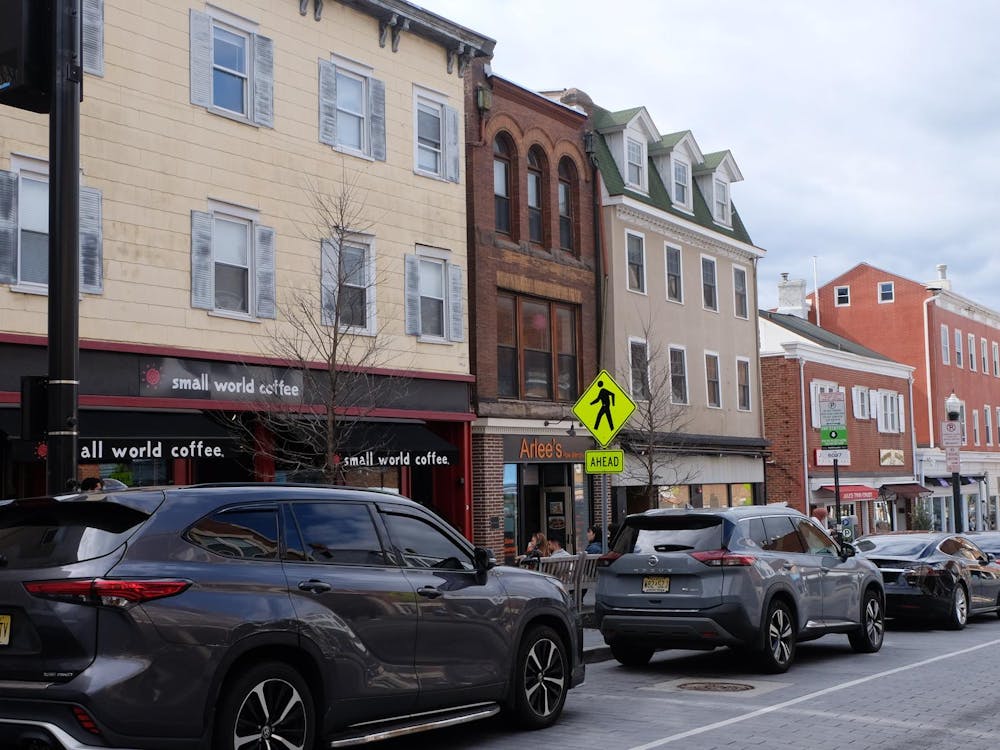Growing up in Kansas City, I have had my fair share of encounters with white liberalism. Whether it’s “… but I voted for Obama!” after a questionable remark, or that black box on Instagram that has become symbolic of allyship with Black folk, this superficial opposition to racism manifests itself in many different ways. Regardless of the particular manifestation, such actions make clear that for many liberals, there remains a chasm between proclaiming Black life matters and taking measures that genuinely reflect this statement.
As a member of the Class of 2024, I was beyond ready to get on campus and experience change. I was excited by the prospect of forming relationships with fellow Black students and becoming invigorated by a community invested in progressivism. However, with the University’s (understandable) decision to shift to virtual learning, those plans were naturally placed on hold.
Instead, I have found myself relying on orientation events to foster such community building. Given the way in which Princeton’s residential college system is set up, the primary means for doing so has been through my zee group — and, more specifically, the First Year Residential Experience. As a part of this program, first-year students engage in discussions around identity, financial literacy, mental health, and more. While some of these discussions have proven to be very fruitful, others have left much to be desired.
One such discussion was on diversity and inclusion. After watching “Our Stories, Our Truth,” a video highlighting Black, Indigenous, and People of Color (BIPOC) experiences on campus, all I felt in the following discussion were displays of white liberalism. I was taken aback that some of the biggest takeaways were “Where is the voice of the straight white male?” and “I support BLM and everything … but it would’ve been less overwhelming to hear a white perspective.”
Sitting in front of my computer, I was dumbfounded. I waited for a punchline. Anything to signify that we weren’t really gathered around discussing whether a video documenting underrepresented voices was, indeed, exclusionary. Nonetheless, as conversation progressed, I quickly understood that there would be no such saving grace.
Conversations like these remind me just how pressing it is for liberals to reconsider their relationship to white supremacy, for white supremacy is not simply the sort of behavior we associate with white hoods and confederate flags. It can be more nuanced. It is given life by our schools through the content we are taught — or, that is to say, not taught. It is empowered when we employ the politics of respectability to gaslight our most vulnerable. It shines through when confronting race becomes synonymous to “overwhelming.” These behaviors, whether conscious or not, work in tandem to advance the lie that whiteness is somehow most valued.
If you are anti-racist, there should be nothing uncomfortable about hearing BIPOC voices speak their truth. The fight for racial justice necessitates the shedding of white fragility and the wholehearted embrace of perspectives that are often suppressed. Furthermore, if someone feels excluded because they could not see an accurate reflection of themselves displayed on a screen, I can only say: welcome. That is the lived experience for countless people of color in the United States. That feeling is precisely why we have to promote the idea of inclusion to begin with.
It is, without a doubt, easier to navigate through life shielded by the ways in which we are privileged. I am admittedly guilty of this myself. I am a product of the middle class. I am able-bodied. Given that I am biracial, I do not face the same plight that my darker-skinned brothers and sisters do every day. We must grapple with these realities to truly reimagine what an equitable future can look like. This will take not only recognizing our privilege but also becoming comfortable in supporting systematic change that may force us to give it up.

No, “Our Voices, Our Truth” did not incorporate the stories of a straight, white male. If that evoked feelings of discomfort, don’t let that be reflective of some problem with the Office of Diversity and Inclusion who so beautifully crafted the video. Instead, I urge you to probe inward and genuinely ask why. For we will not be able to ever reconcile race in America if we cannot first reconcile with ourselves.
Collin Riggins is a first-year student from Kansas City, Mo. He can be reached at riggins@princeton.edu.









